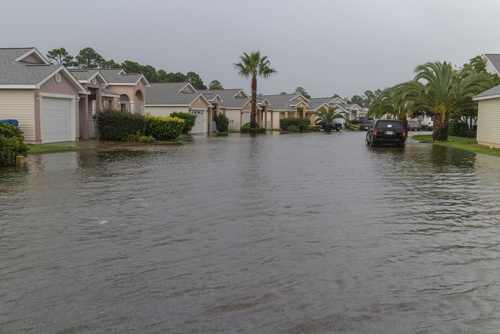The U.S. Treasury Department is studying the financial impact of climate change on households and communities, particularly low-income and historically disadvantaged communities.

The topic was addressed this week at a meeting of the Financial Literacy and Education Commission (FLEC), which is chaired by Under Secretary for Domestic Finance Nellie Liang.
“This meeting is part of the Biden-Harris Administration’s whole-of-government approach to tackling climate change. Under Secretary Yellen’s leadership, the Treasury Department is working to better understand financial risks to households, especially in low-income and historically disadvantaged communities, posed by climate change and climate transition,” Liang said.
Others in attendance at the meeting included Adair Morse, deputy assistant secretary for Capital Access; David Uejio, representing the Consumer Financial Protection Bureau; Todd Harper, chairman, National Credit Union Administration; and Richard Cordray, chief operating officer for Federal Student Aid at the U.S. Department of Education.
“Americans across the country have seen firsthand how extreme weather events, which have increased due to climate change, can impact their financial wellbeing,” Liang added. “Beyond events like storms and wildfires, we expect climate change to impact insurance, credit, and household savings. It’s vital that Treasury undertake this work, in collaboration with other experts in and outside of government, in order to help families prepare for climate-related financial risk and assist local governments, philanthropic agencies, and financial intermediaries in building community financial resilience.”
The commission will focus on how households, communities, and the smallest businesses experience financial resilience in the face of climate change and climate transition; how to map climate-related financial risks and identify which groups and regions will be most impacted; and what tools and best practices could be effective at addressing risks and vulnerabilities.
FLEC’s efforts are a direct response to President Joe Biden’s Executive Orders on “Climate-Related Financial Risk” and “Advancing Racial Equity and Support for Underserved Communities Through the Federal Government.”